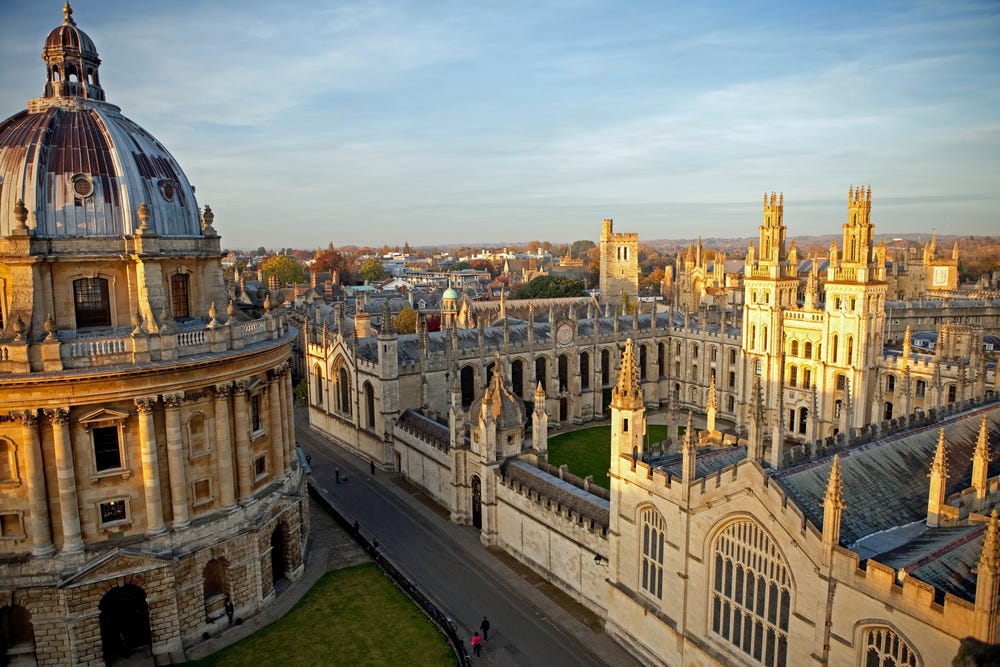Study: Two-Thirds of UK Academics Believe Academic Freedom Is Under Threat from Authoritarian Regimes
41 percent of scholars specializing in China say they have censored their teaching.
A new study published in The International Journal of Human Rights found that academics in the United Kingdom, especially those who taught in internationally-focused social science fields, felt relationships with autocratic regimes like China undermined their academic freedom.
A 2020 survey of 1,500 academics in the UK found that 67 percent of respondents believed academic freedom was under threat in UK universities. The number was slightly higher among those who specialized in Politics and International Relations (71 percent).
While only 20 percent of academics admit to self-censoring when teaching students from autocratic states, 41 percent of scholars specializing in China say they have censored their lectures.
In July 2020, The Guardian reported that UK universities were beginning to adopt “risk management” strategies for dealing with China:
Kerry Brown, professor of Chinese studies at King’s College London, said accusations of self-censorship regarding work on China had intensified in recent years as China had taken a more assertive stance in its global messaging.
Writing in a collection of essays exploring the complex and challenging relationship between UK universities and China, Brown said offending China had never been difficult, but it had become more problematic under the current leadership.
[ . . . ]
Brown suggested that the problem was not just about direct Chinese influence, but about self-censorship that prevents academics or students speaking frankly about China because of fear of the consequences.
“What is clear is that in the last few years, the fear and anxiety of facing individual and institutional consequences for straying over the ever shifting red line that manages to offend China has risen dramatically.”
What’s perhaps more troubling is that 65 percent of scholars didn’t know if their departments had any policies or procedures regarding academic freedom.
It will be curious to see if they continue to conduct the survey over the next few years and whether UK institutions might adopt more explicit stances regarding academic freedom.



